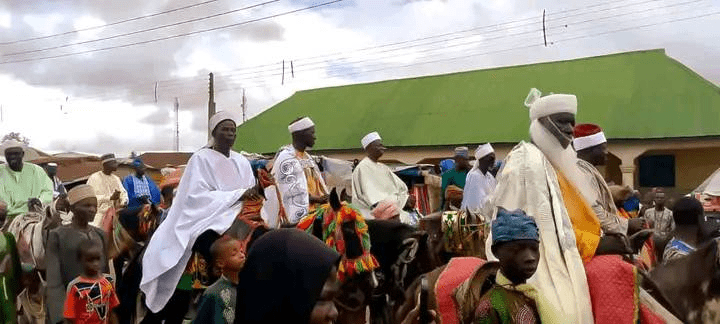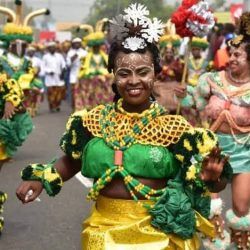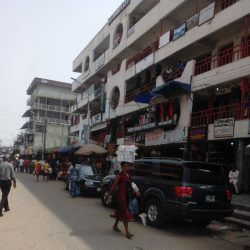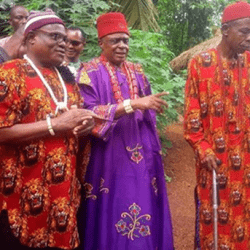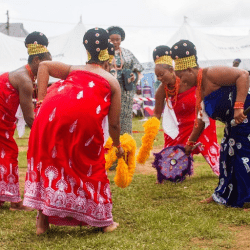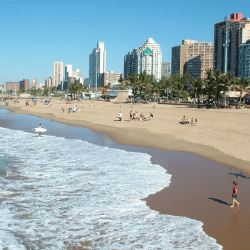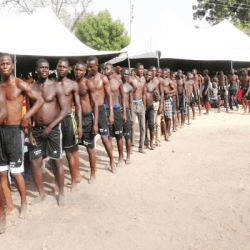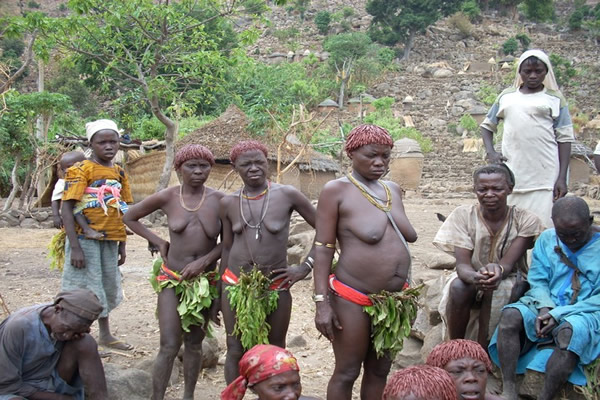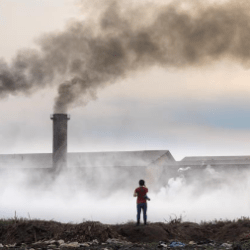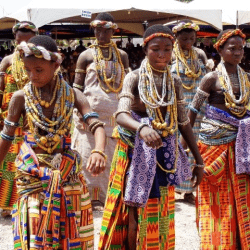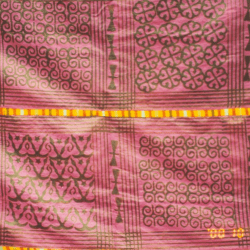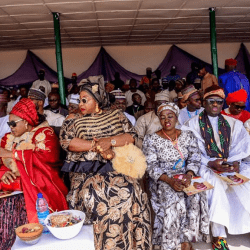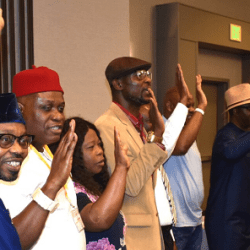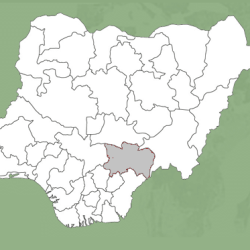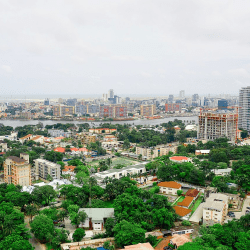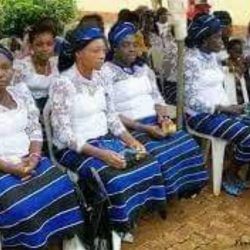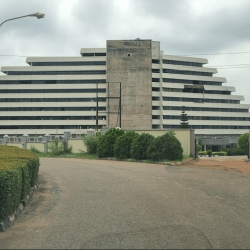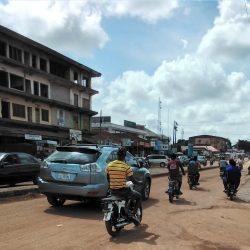The Shanga people represent an important ethnic and linguistic group in Kebbi State, with historical ties to the Kyenga. Their ongoing linguistic transition towards Hausa reflects broader social changes and interactions with neighboring communities. The Shanga, alongside the related Kainji language speakers, contribute to the rich cultural and linguistic tapestry of the region, highlighting the complexities of identity, language shift, and cultural exchange in West Africa.
The Shanga people, closely related to the Kyenga, represent a distinct ethnic group with unique historical and linguistic characteristics. Below is a detailed summary of the Shanga and their relationship to other language groups in the region:
Historical Background
- Separation from Kyenga: The Shanga separated from the Kyenga in the early half of the nineteenth century, following the invasion of their town, Kaoje, by the Emir of Gando.
- Migration: After the invasion, they fled to the northern bank of the Niger River, where they established their central town, Shanga, located in Kebbi State between Kaoje and Yauri.
Demographics
- Population Estimates: The Shanga population is estimated to be between 5,000 and 10,000, with some residing on the southern bank of the Niger River.
Linguistic Characteristics
- Language Family: Both Kyenga and Shanga languages are classified as Mande languages.
- Language Shift:
- Many Shanga now speak Hausa as their first language, indicating a significant cultural and linguistic shift.
- More than 30% of Shanga vocabulary has been borrowed from Hausa, reflecting the ongoing hausarization of their language’s vocabulary and phonology.
- Local Names: The Shanga are referred to as Shangawa or Shongawa by the Hausa.
Villages and Social Structure
- Villages: The Shanga people live in several villages, including:
- Gante
- Lafugu
- Zaria
- Besse
- Shanga (central town)
- Dugu Raha
- Dugu Tsofo
- Bakin Turu
- Intermarriage: The Shanga community frequently intermarry with the Lopa and Reshe peoples, which may influence their cultural practices and social structures.
Western Kainji Group
- Language Classification: The Shanga language is part of a broader linguistic classification known as the Western Kainji group. Other languages in this group include:
- Kambari
- Duka
- Reshe
- Lopa
- Laru (the latter three are categorized under the Kainji Lake subdivision).
- Mutual Intelligibility: The languages within this group are not mutually intelligible. For example, Duka has only 20% lexical similarity with Reshe, indicating significant linguistic divergence.
